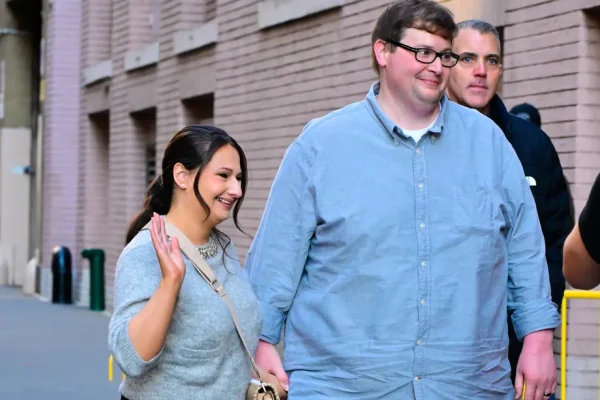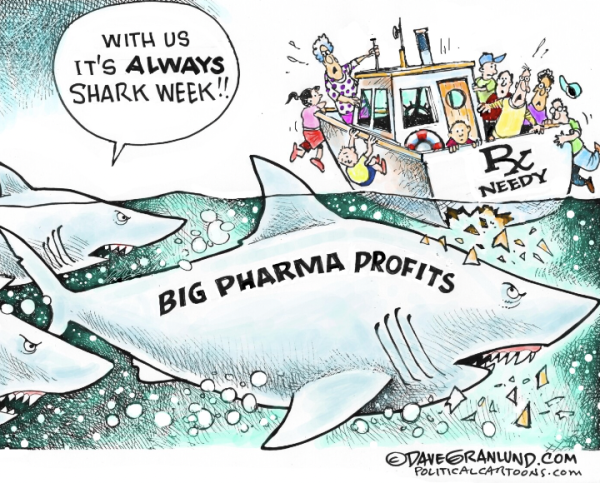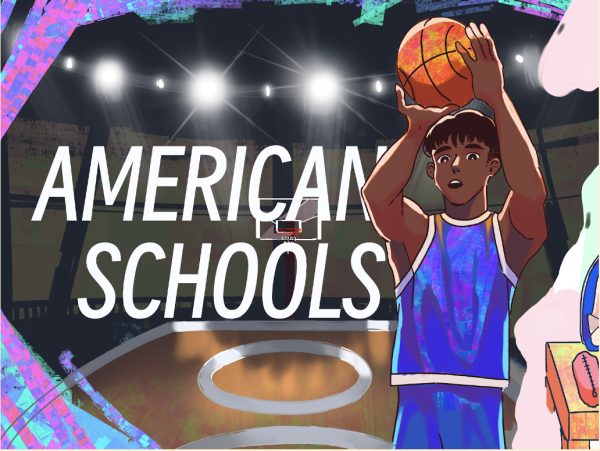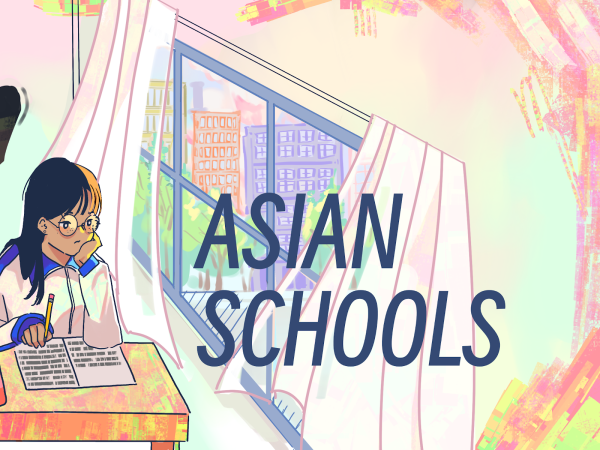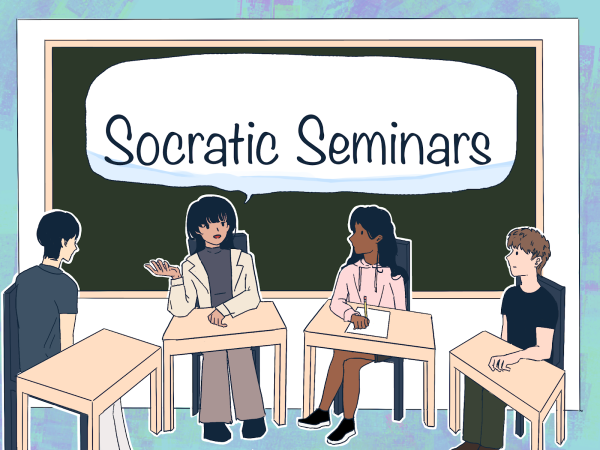Lights, Camera… Child Exploitation
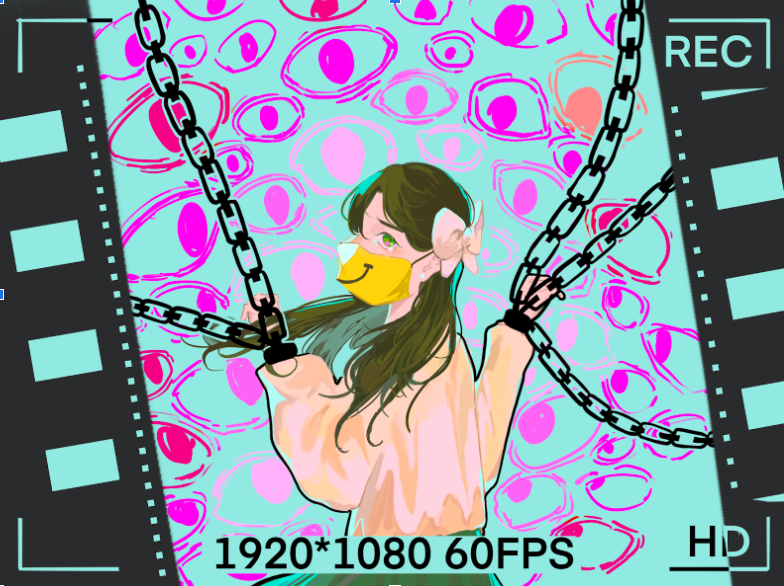
… family blogging is not cute. In recent times, social media has grown in popularity, and everyone and their mother is trying to get a piece of fame. Literally.
With social media, anyone can become a celebrity: one click of a button and your content is there for the world to see. Although this has broadened the stream of content some types, like family vlogs, illustrate that not everyone needs to be famous.. They typically consist of parents vlogging their children, often featuring their daily life. But, while the idea of a family vlogging and making fun content together seems wholesome at face value, there is often something amiss off camera.
Children are unable to give consent for having their entire life put on the internet for the world to see. Their worst moments: tantrums, fits, and tears are exploited to be used as clickbait and drama points. The entirety of their childhood, something that is supposed to be free and without judgment, is manipulated for views and likes. Despite this, they are oblivious to the abuse, and probably believe that it is a normal way to live. As the children grow up, they may come to resent their parents and regret the way they were brought up. One popular family vlog channel, 8 Passengers, has faced a considerable amount of controversy over the years. Once in college, their eldest daughter stated that she no longer maintained a relationship with her parents. Other immediate family members have distanced themselves from the family vlog channel as well. Even as they grow older, they may carry the guilt from obligation and are thus stuck as their parent’s content farms. As children, they wouldn’t be able to express or understand the consequences of posting content online, especially because they put a certain level of trust in their parents. The social media companies themselves don’t do much to improve this situation, at most disabling comments, because they benefit financially from the immense number of views on these channels. Youtube Kids disabled a lot of features: likes, comments, and miniplay, following instances of predatory comments. But this doesn’t address the root of the issue.
Childhood is meant to be carefree, a time of safety and learning, but it is manipulated into working. Family channels have also proven to be exploitative, often taking advantage of children by working long hours. The Fisher Family, another family vlog channel, stated that their boys don’t have to work online if they don’t want to: unless it is paid work. For forced employment, the boys are compensated with lollipops, but it doesn’t seem like a fair trade. Children, by law, have certain laws in place to protect them from working. For example, minors aren’t allowed to work above a certain number of hours (depending on age) and they also require a permit. However, family channels take advantage of this loophole because the children are supposed to be featured and not the faces of the channel. But for many channels, the ‘featured’ children are responsible for a majority of the views. That puts a lot of responsibility on them, as well as increases their overall workload. The children might be responsible for brand deals, photoshoots, and other activities that parents push to get them famous, which constitutes ‘working’ hours. New York Magazine reported that family vlogging gets half a billion views weekly and millions of dollars in revenue. And most of this money that the channel makes comes in through the children, but there are no rules regulating income, so the parents automatically get to keep the money, which is inherently problematic.
Some countries, such as France, have passed laws in an attempt to control this. Videos must be taken down if the child explicitly expresses their dislike, and part of the income is saved for the child. While the law sounds encouraging in theory, it might become difficult to enforce. On a lot of social media companies, children under 13 aren’t allowed, which is why the account is made in the name of a legal guardian. If the parents own the account, they legally have a right to the money. Then comes the issue of defining what counts as ‘working’, and creating a set work day.
While other professions do have their own set of problems, they do have certain regulations in place to protect minors. Being relatively new and unregulated, family vlogging is incredibly harmful, fostering toxic dynamics that can follow children through the rest of their lives. As this stream of content gains popularity, it is important to be mindful of its downsides and bring awareness to the issues caused by it.






